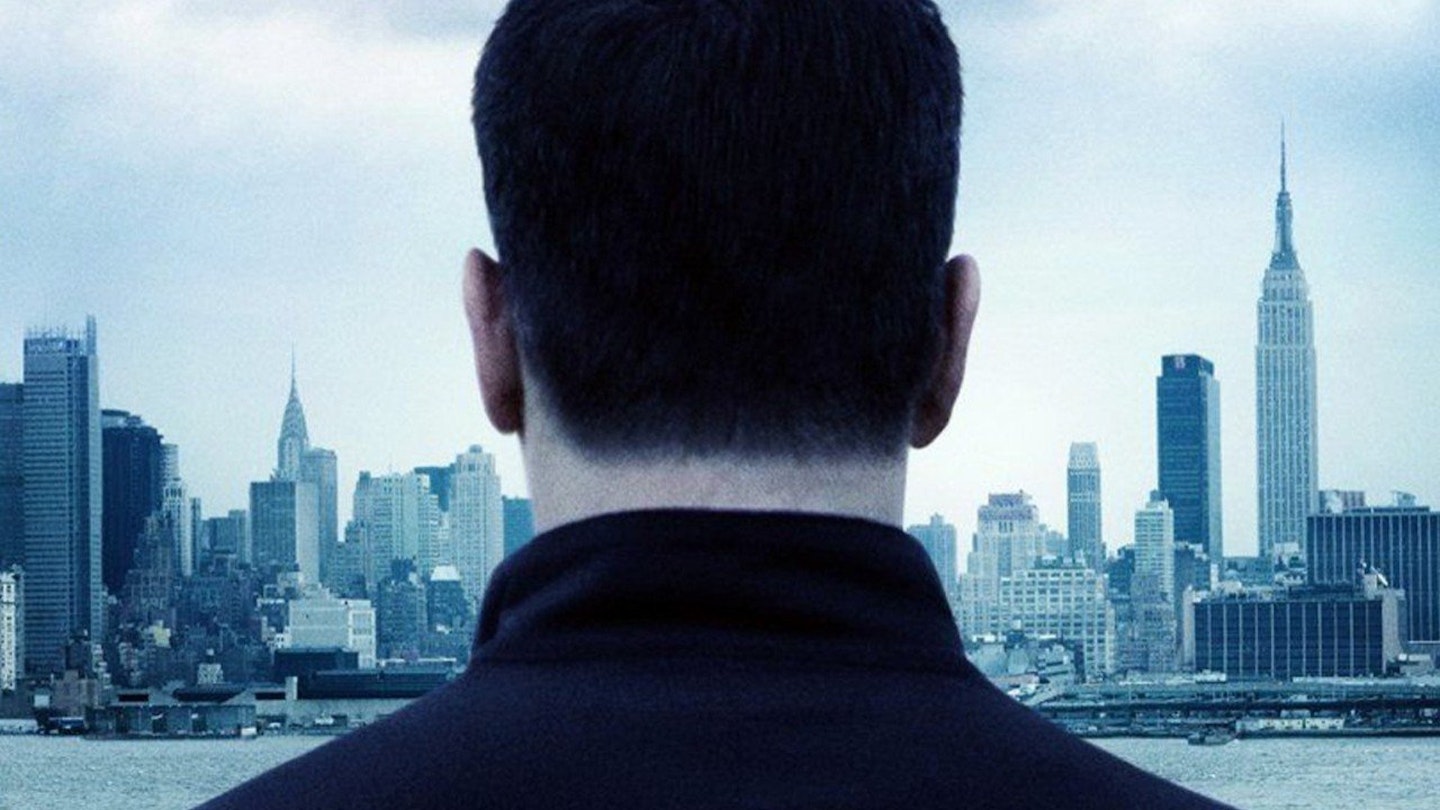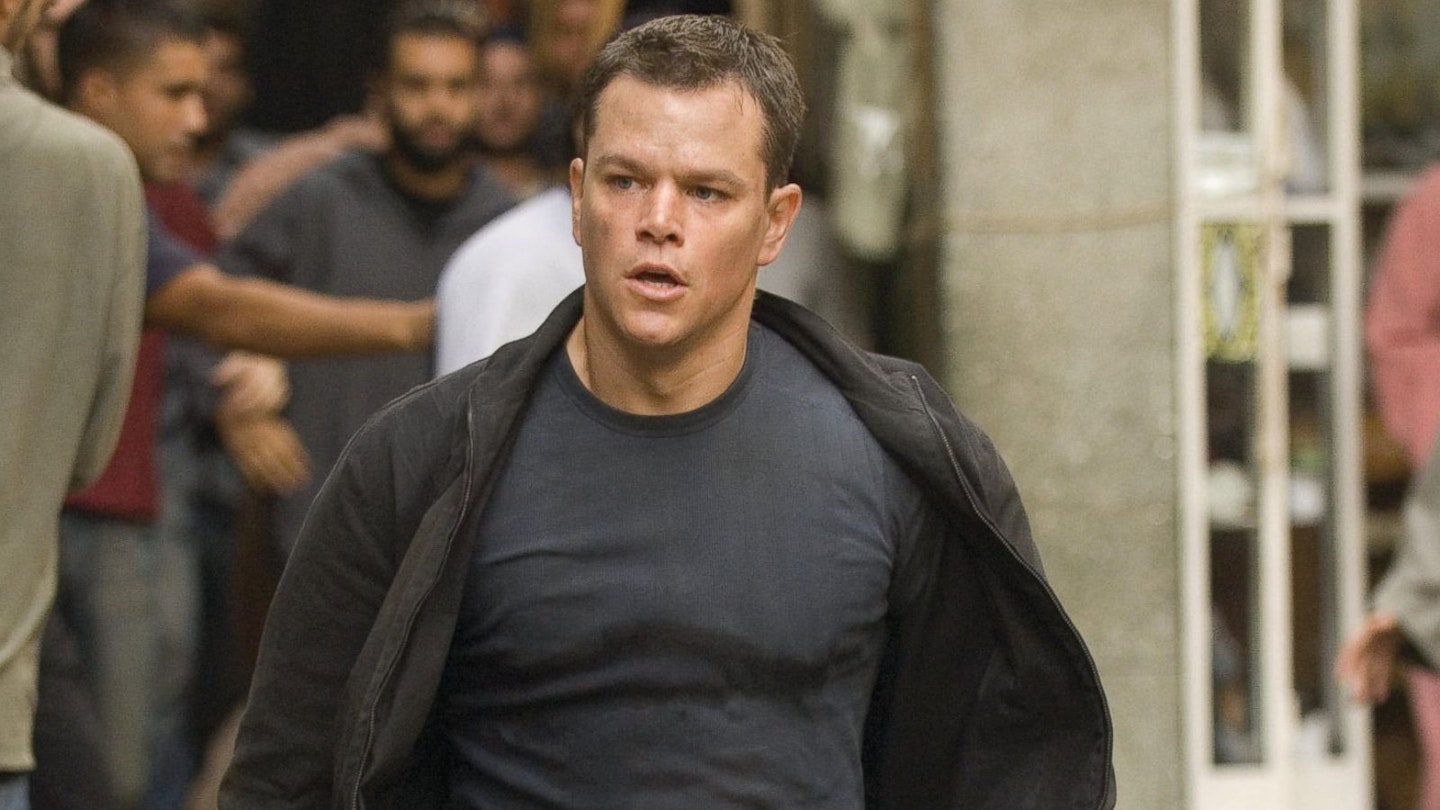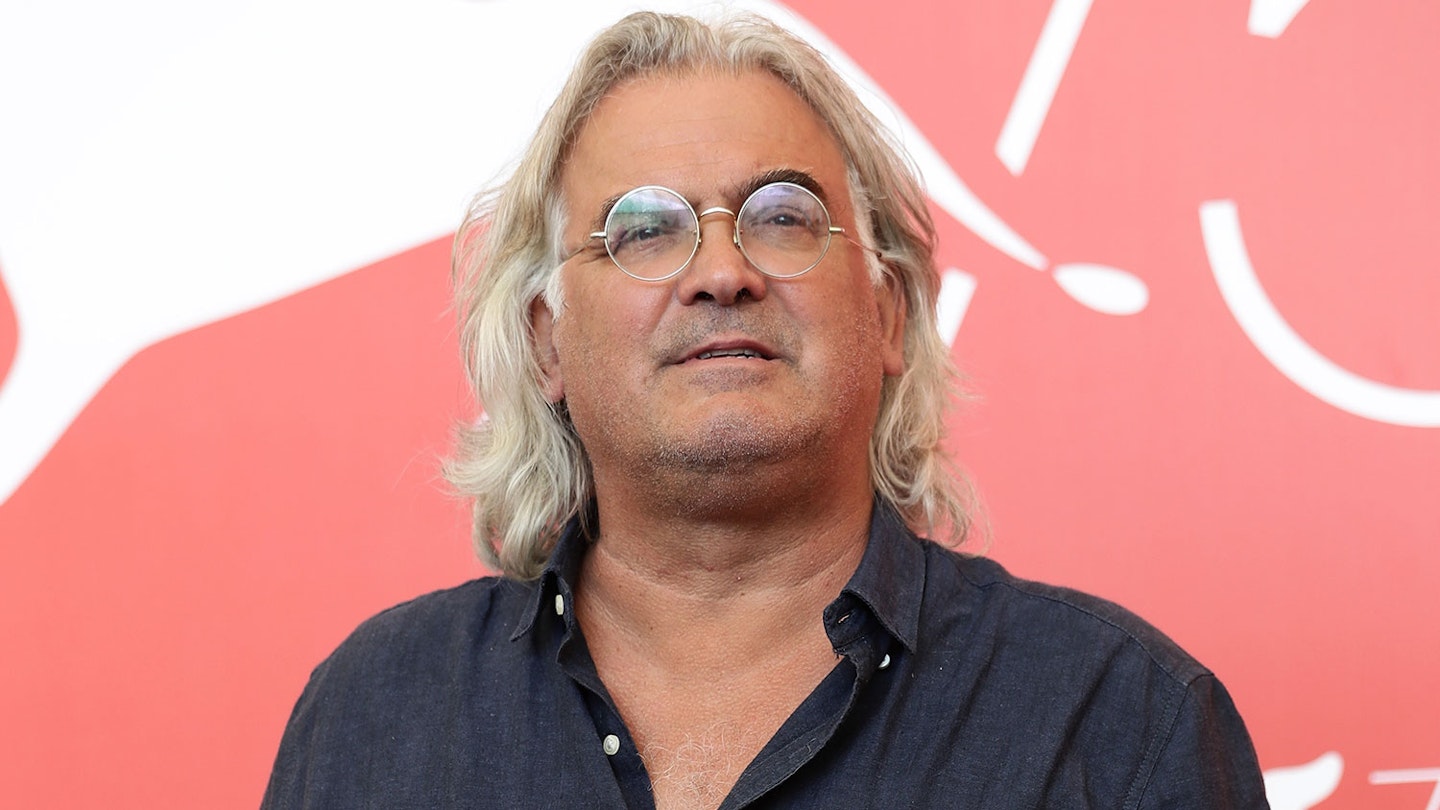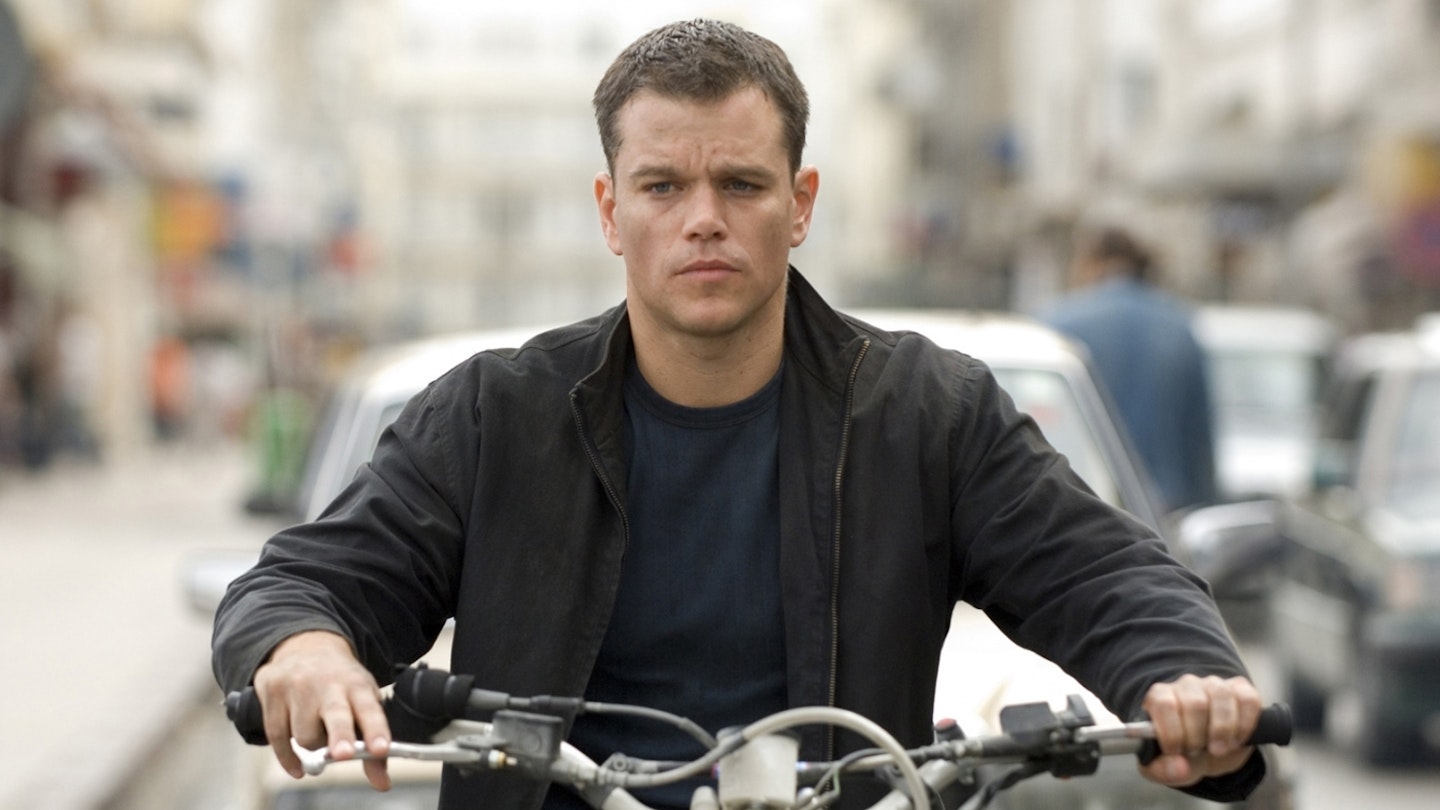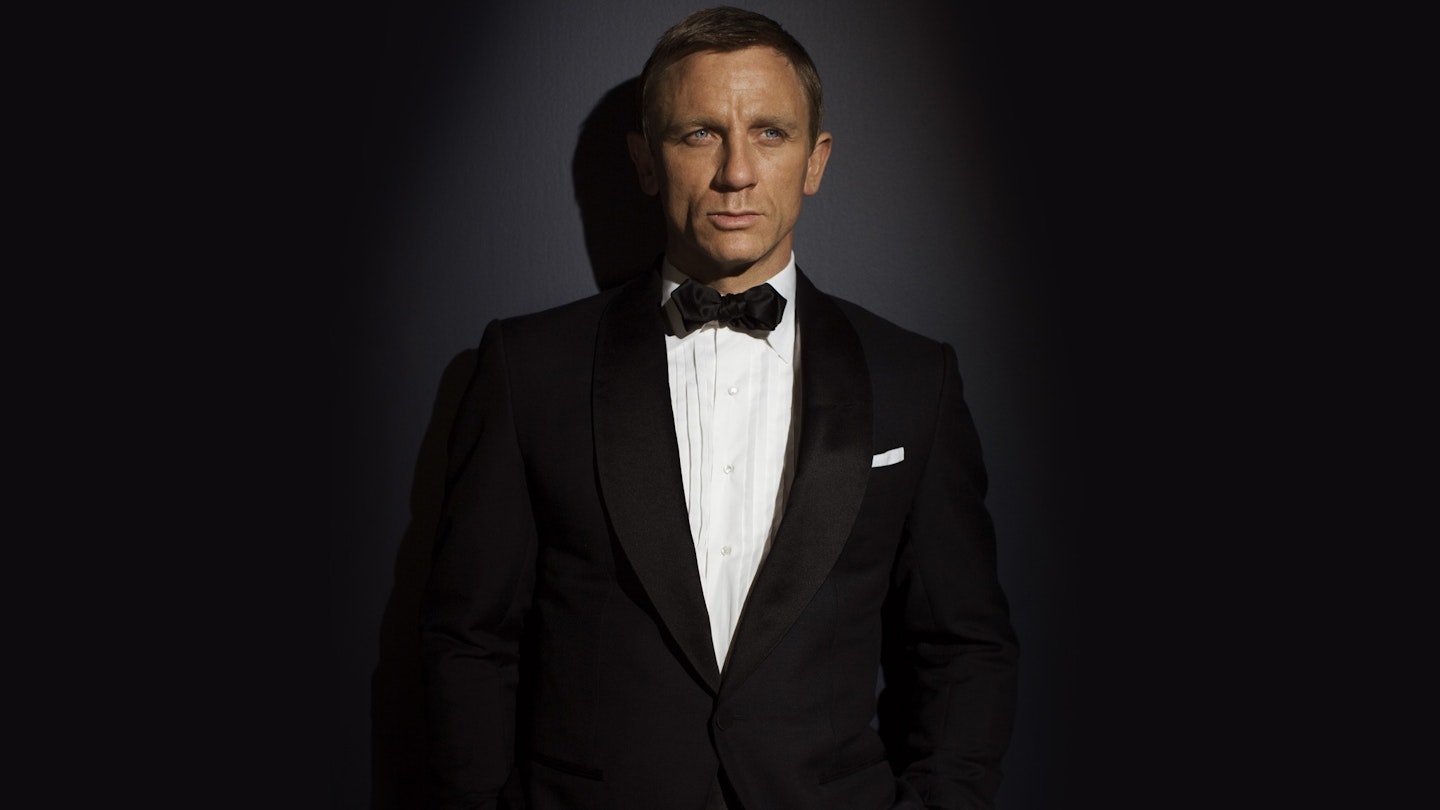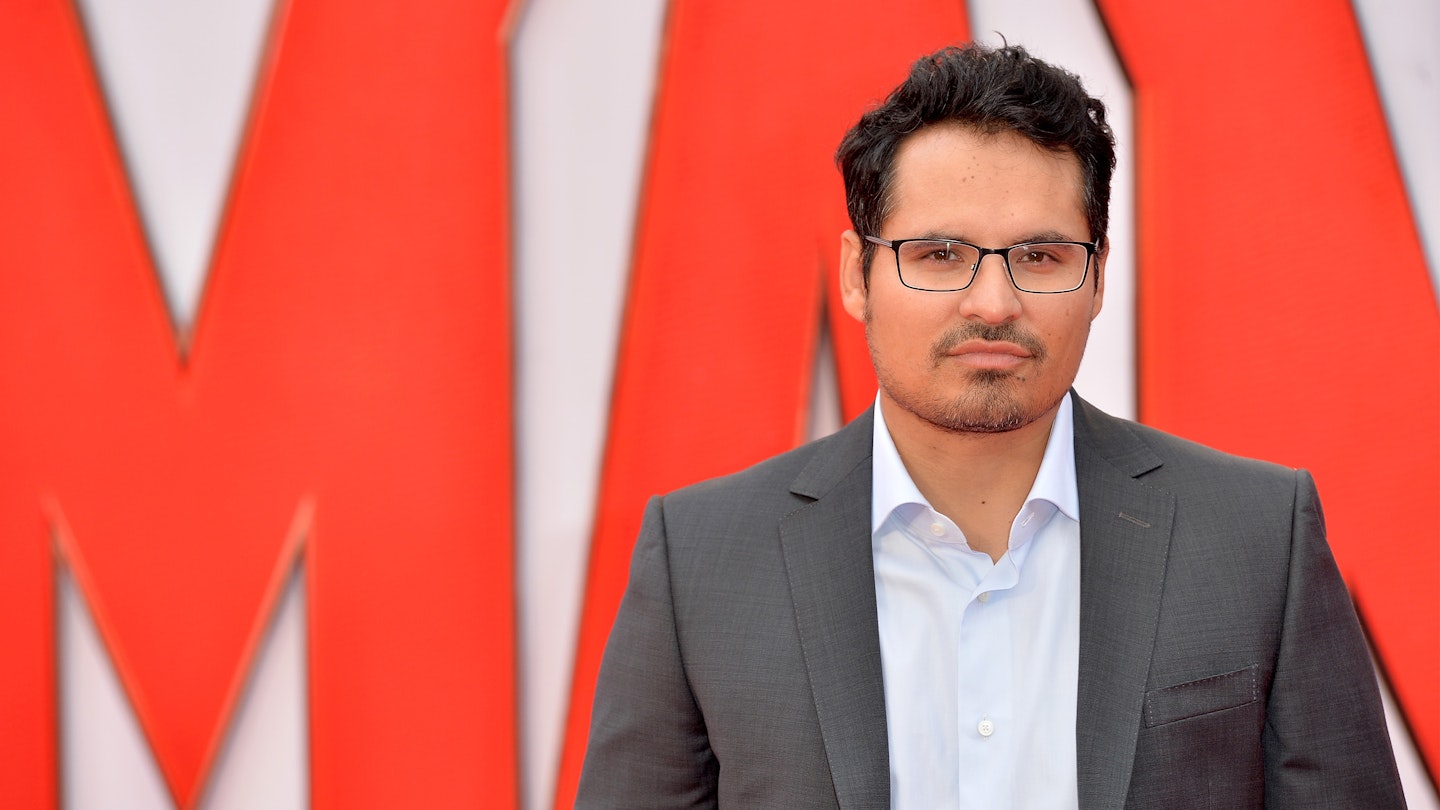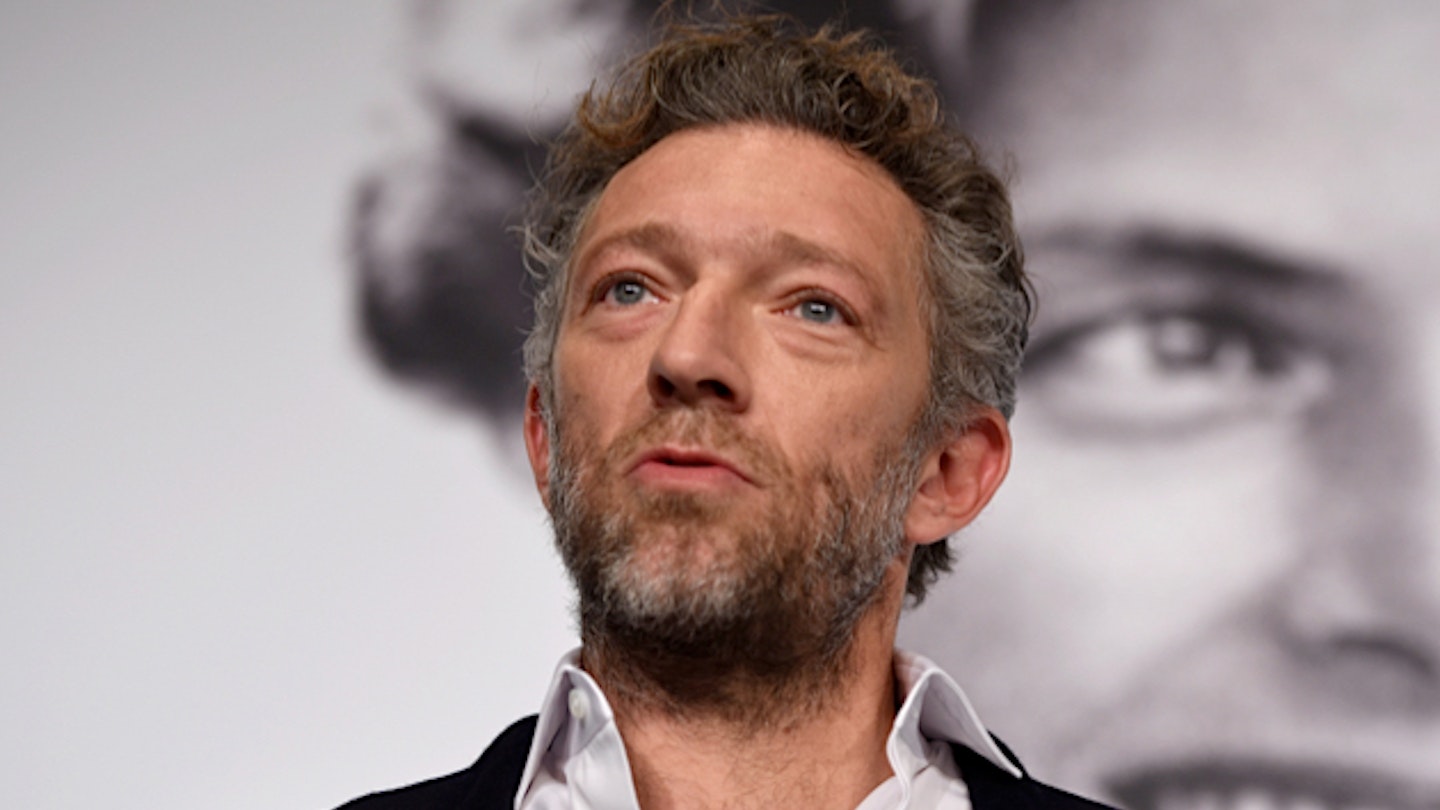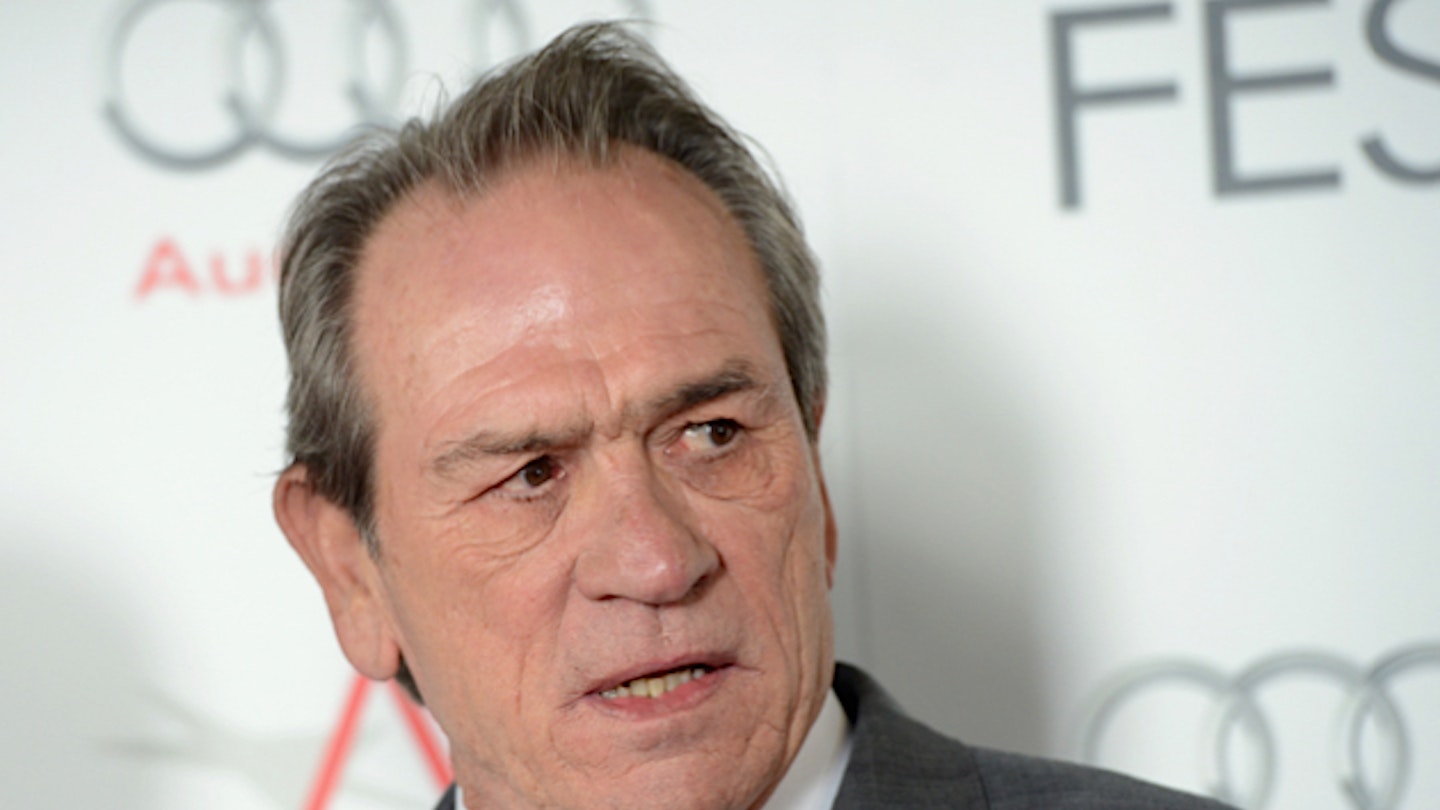Not long ago it would have been tricky to imagine Matt Damon, the twinkly-eyed lad from All The Pretty Horses, playing a convincing action star. But five years, three films and scores of broken bodies later, it’s now all but impossible to think of him as anything else. The moment Jason Bourne’s almost-corpse was dragged from the Mediterranean in Doug Liman’s Bourne Identity, it became clear that the traditional thriller formula had slipped into anachronism. With Bourne, audiences were presented with a sharper, smarter and altogether more relevant breed of action thriller. That Paul Greengrass managed to create a sequel even more intense and technically proficient was nothing short of a movie miracle. And to those who questioned whether he could pull off the same trick twice, this third film answers with a resounding yes.
Picking up immediately after the Moscow-set showdown in Supremacy (the previous film’s coda is dropped in later), Ultimatum is less a sequel than the climax of a single, larger tale — and like all good adventure stories, the real excitement has been saved for last, as Bourne has given up his attempts to hide from the government agency that created him, and instead seeks answers/vengeance for their, and his, past crimes, with the help of Paddy Considine’s reporter. An early standout sequence, where Bourne directs Considine’s jittery Simon Ross through a crowd of hostile agents in Waterloo station, is so dazzlingly executed that you’ll be forgiven for assuming the film has peaked just 20 minutes in. But from there Greengrass sets an unrelenting pace, maintaining a baseline of buzzing adrenaline.
We have not one, but two blistering car chases to ensure that Bourne’s reputation for metal-wrenching pursuit remains unchallenged — but a frenetic foot chase across the rooftops of Tangier overshadows both. Part free-runner, part force of nature, Bourne hurdles from building to building, tumbling through open windows, living rooms and lives before exploding into the series’ most impressive fight sequence to date (two words: hardback book).
Throughout the taut, 115-minute runtime, Tony Gilroy, Scott S. Burns and George Nolfi’s globe-trotting screenplay ripples with invention, taking Bourne from Russia to Madrid, Paris, Morocco and ultimately New York. Joan Allen makes a welcome return as CIA investigator Pamela Landy, this time joined by an enjoyably amoral David Strathairn as the shifty CIA suit du jour. Less well utilised, though, is Albert Finney, whose appearance as Treadstone’s Mengele is tragically brief. Likewise Julia Stiles, despite a more substantial role, ends up feeling slightly redundant, with a clumsy attempt to tie her past more closely to Bourne’s perhaps the script’s only bum note.
Damon, however, has grown into his character like a second skin. His boyish good looks have hardened and, as never before, he is every inch the trained killer Robert Ludlum imagined. Nondescript in a crowd, cool without the need for quips and deadlier than a dozen Ethan Hunts, his Jason Bourne is surely the most efficient killer Hollywood has ever produced. It’s fitting, though, that, in his swansong, he is also at his most human, grasping at fragmented memories and emphasizing the underlying vulnerability that makes his character so convincing. His search for the truth of himself takes on an almost spiritual dimension — a mission to save his soul — and the answer at the end of the chase is as devastating as it is uncompromising. Greengrass is just genetically incapable of cliché.
In a summer of disappointing threequels, Ultimatum stands proud testament to the fact that great ideas don’t have to thin over time. Greengrass has surpassed himself with a compelling, immersive thriller that’s as exciting an experience as cinema can provide. And while it looks regrettably unlikely that The Bourne Legacy will ever make it to the screen, the legacy of Bourne is not something that will be soon forgotten.
